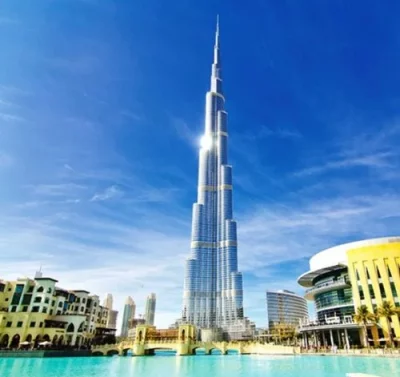The Union Minister, Jitendra Singh, announced on Thursday that India’s annual generation of nuclear power had reached 35,333 million units in the 2021-2022 fiscal year. This represents a significant increase of between 30 and 40 percent when compared to the previous eight years under the administration of Prime Minister Narendra Modi.
Under the leadership of Prime Minister Narendra Modi, India has seen a remarkable increase in its nuclear power capacity. In the 2013-2014 fiscal year, the country’s annual nuclear power generation was 35,333 million units. However, in 2021-2022, it has risen to 47,112 million units, representing an increase of approximately 30 to 40 percent within the span of just over eight and a half years. This substantial increase was highlighted by Minister Singh in a speech to the Rajya Sabha during the Budget session of the Parliament.
The minister attributed the rise in nuclear power generation in India to a number of decisions made by the Modi government. He pointed out that before the Modi administration came into power, there were only 22 reactors in the country. However, in 2017, the cabinet headed by Prime Minister Modi gave simultaneous bulk approval for 11 indigenous pressurized heavy water reactors at a total cost of 1,05,000 crore rupees and a total capacity of 7,000 Mega Watts. This, he said, was a significant contributing factor to the increase in nuclear power generation in India.
In addition, the minister also noted that Prime Minister Narendra Modi’s decision to open up the Space Department to private players and allow Joint Ventures with Public Sector Undertakings (PSUs) has further strengthened India’s nuclear program. This, he said, has provided additional support to the growth of nuclear power generation in the country.
Minister Singh also informed the Upper House that under the Modi government, the reach of India’s nuclear installations has expanded beyond the South Indian States and the western states of Maharashtra and Gujarat. He emphasized the government’s efforts to promote the growth of nuclear power generation in other parts of the country.
As an example, he mentioned the upcoming nuclear power plant in the town of Gorakhpur in Haryana, which is set to become operational in the near future. This project is a testament to the Modi government’s commitment to promoting the expansion of nuclear power generation across India.
Minister Jitendra Singh highlighted the significance of the establishment of Bhavni, the world’s first thorium-based nuclear plant, in Kalpakkam, Tamil Nadu. He emphasized that the plant will be completely indigenous and will set a new benchmark in the industry. Additionally, he mentioned the existence of the experimental thorium plant, Kamini, in Kalpakkam.















